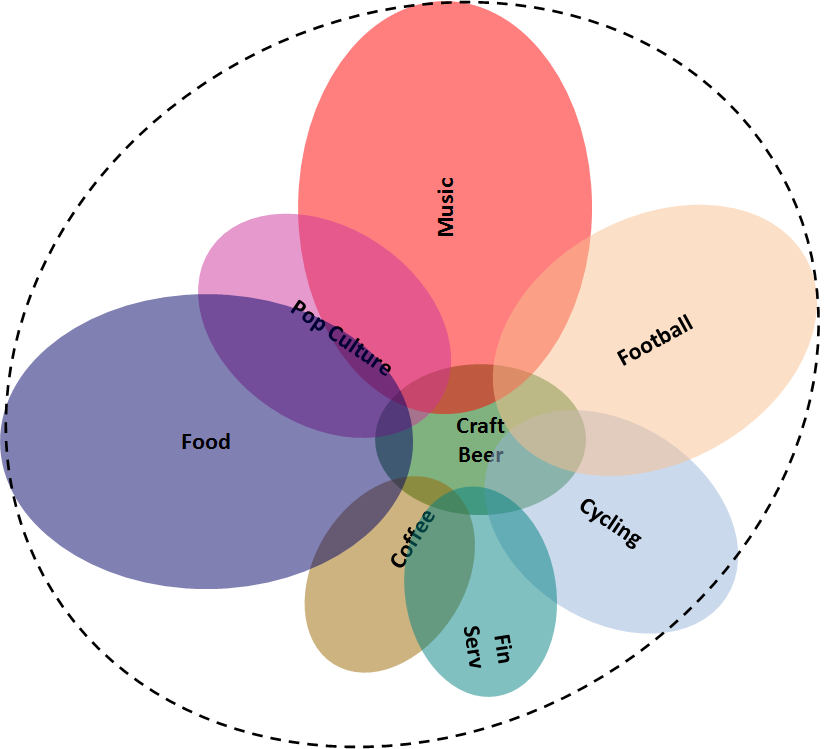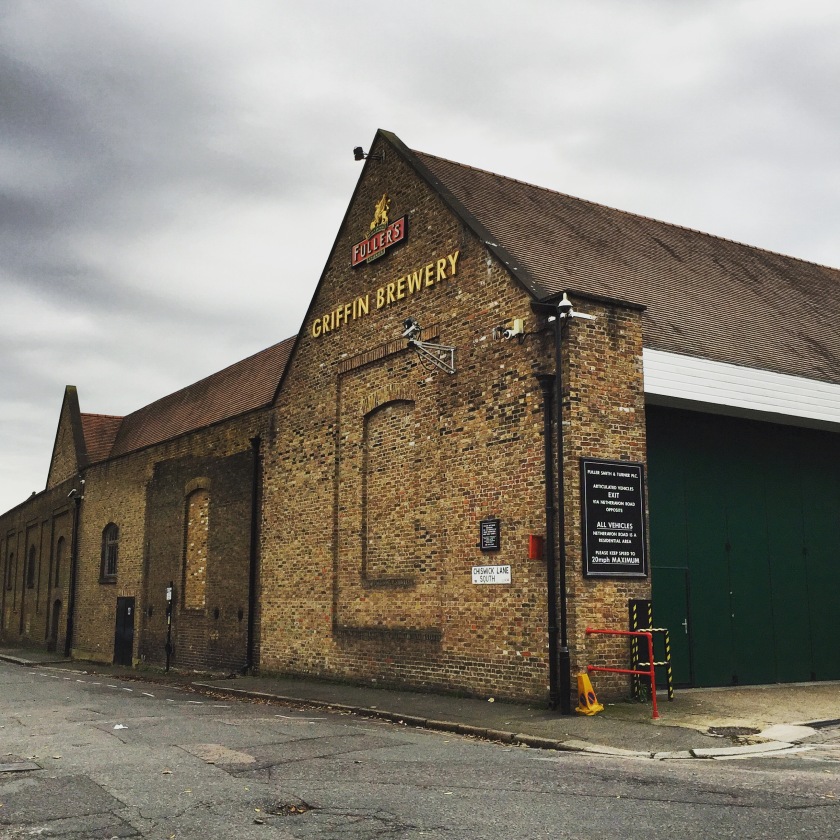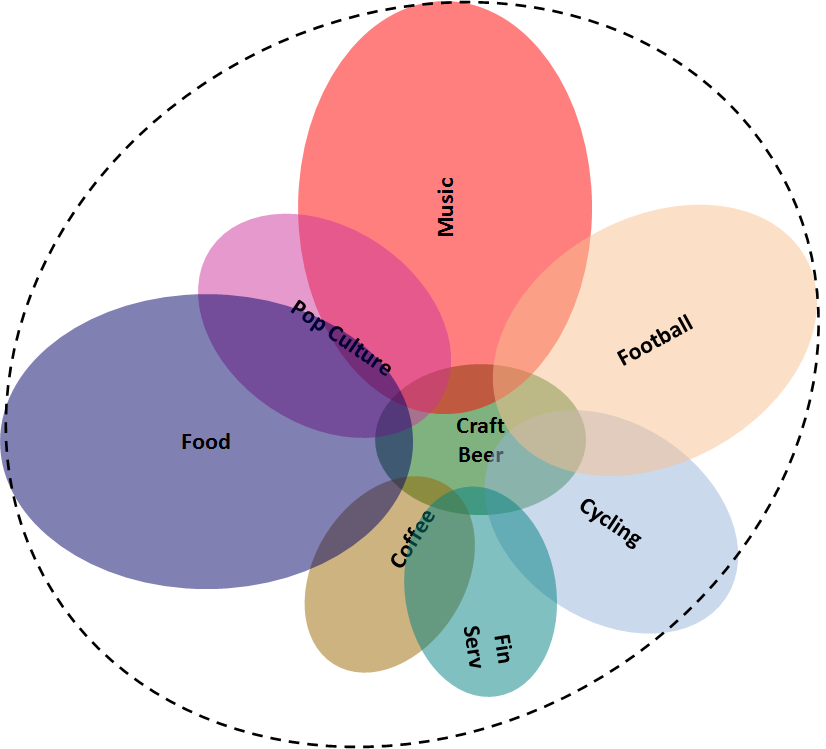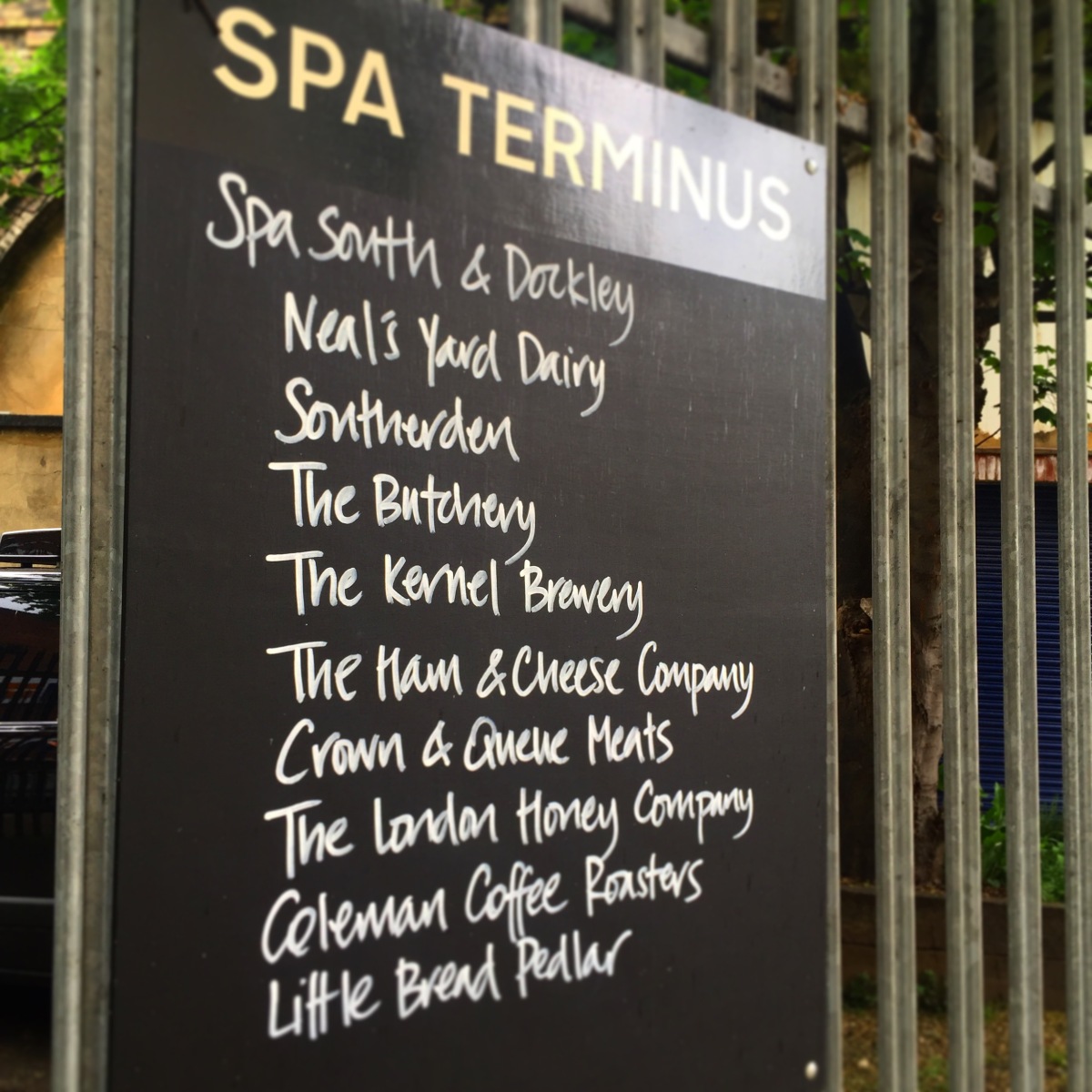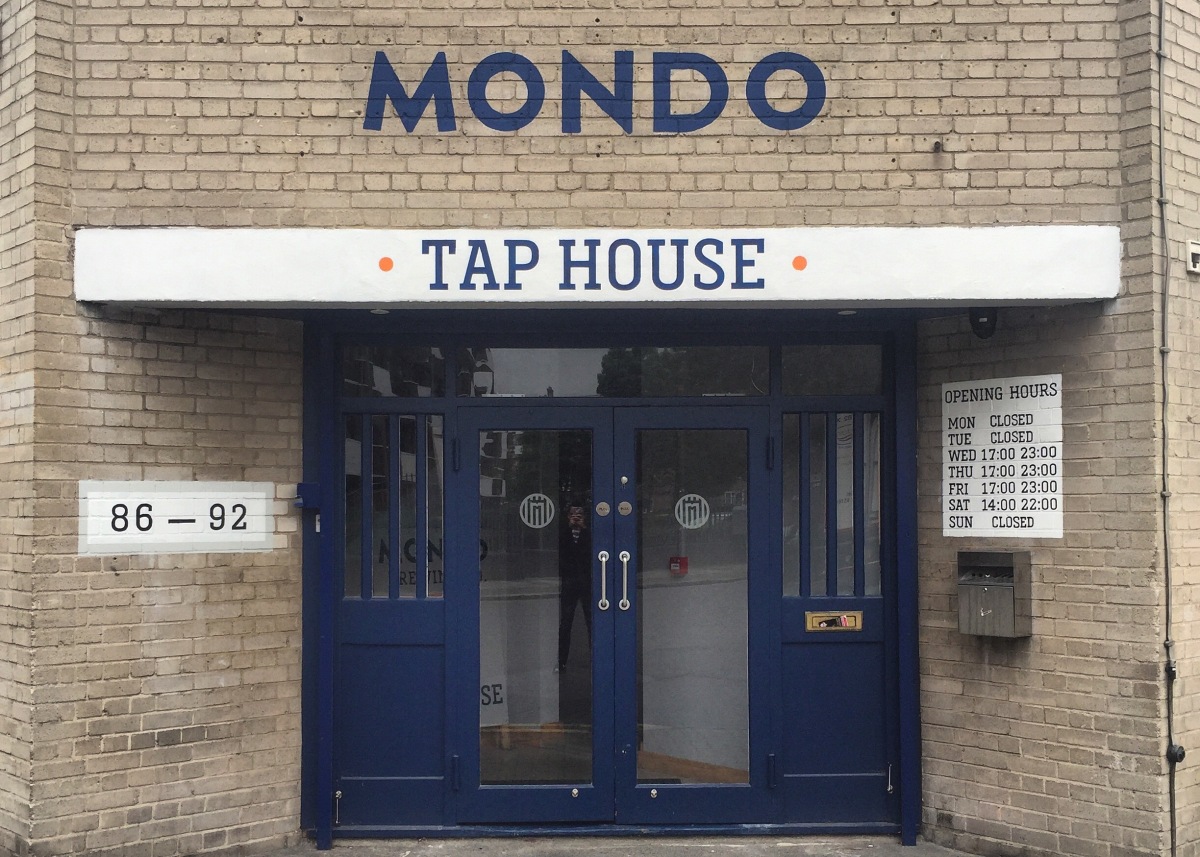Bude, where’s my beer? Gipsy Hill Brewing Company, and why don’t more craft breweries contract brew?
- Bude, wheres my beer? A funny thing happened. Like anyone else who is into beer twitter you will have heard of the phenomena that is #CraftBeerHour. The premise is simple, get online between 9pm and 10pm on a Tuesday and share a drink and interact with fellow beer enthusiasts. It has built such an audience that it now features breweries, festival organisers and other beer folk who use the hour like an online Q&A. To further enhance the experience, Tom arranges with the feature brewery for free samples to be sent in advance of the tasting. Back to my story. An email popped into my inbox asking people to enter the draw for free samples for next week’s brewery, Bude Brewery from Cornwall. Rather than wait until later I entered straight away. I must have been the first as it triggered a response from Tom on twitter. To keep it democratic Tom pulls the names from a hat and broadcasts the draw live on twitter. This is how far down the craft rabbit hole I have gone – I, along with around 20 others, watched the draw live. And whose name was deftly plucked from the hat first? Yours truly! Phoa! I never win anything, I said. Now to wait for the beer to arrive. Sadly it didn’t turn up in time for last Tuesday’s #CraftBeerHour, however did arrive in time for the weekend. I have managed to have at least one of the beers, the Black Rock Porter, which came in a 500ml bottle. Beautiful dark colour, with relatively thick head. Nice dark chocolate and roasted malts with just enough sweetness. Stay tuned for the Pale Ale.
You too can sign up for #CraftBeerHour samples right here
- Gipsy Hill Brewing Company: I attended a meet the brewer event with Gipsy Hill Brewing Company at the shiny new Micro Beers craft beer shop in East Sheen, South West London. Micro Beers is relatively new and follows the trend of drink in / take away with four rotating keg lines in addition to well stocked selection of beers. East Sheen is in a bit of a no man’s land between Putney and Richmond and while it’s on the train line, the regular express services don’t stop here and its serviced mainly by the less frequent ‘all stations’ services. Regardless, and to my surprise, this suburban enclave drew a rather large, interested and educated crowd curious about Gipsy Hill and craft beer more generally. I first encountered Gipsy Hill at the now defunct Winter Brew Festival in November 2014. Their signage stood out, three white guys in coloured shirts holding a Gipsy Hill sign. Given we were at a craft beer festival, my initial reaction was that the Gipsy in Gipsy Hill referenced the fact they were Gipsy brewers. It only highlighted my lack of knowledge about the suburbs of South London. MBA educated Sam McMeekin gave up a promising career in venture capital micro-finance after becoming disillusioned with a new job. Rather than handing over cash to driven entrepreneurs, he wanted a challenge of running his own business front to back; branding, marketing, financials, really making and building something of his own. He teamed up with Charlie Shaw, who was working at 5 Points Brewery and Gipsy Hill was born. Sam explained the brewery, his story, walked through 4 beers including core beers Hepcat (Session IPA) and Southpaw (Amber Ale) and new beers Day Tripper (American Pale Ale) and Nomad (Milk Stout). Their beers are named after groups of people, with previous beers including Bogan (NZ Pale Ale), Drifter (IPA) and newly released Walloon (Belgian IPA) which pays homage to the Belgium region known for its cycling and brewing heritage and released right in time for the Belgian cobble classics. Sam also reflected on the challenges of scaling up given their recent expansion as well as their plans for improving quality and output with investments in water treatment and a canning line. All in all it was an enjoyable experience and great, as always, to hear from passionate craft brewers.
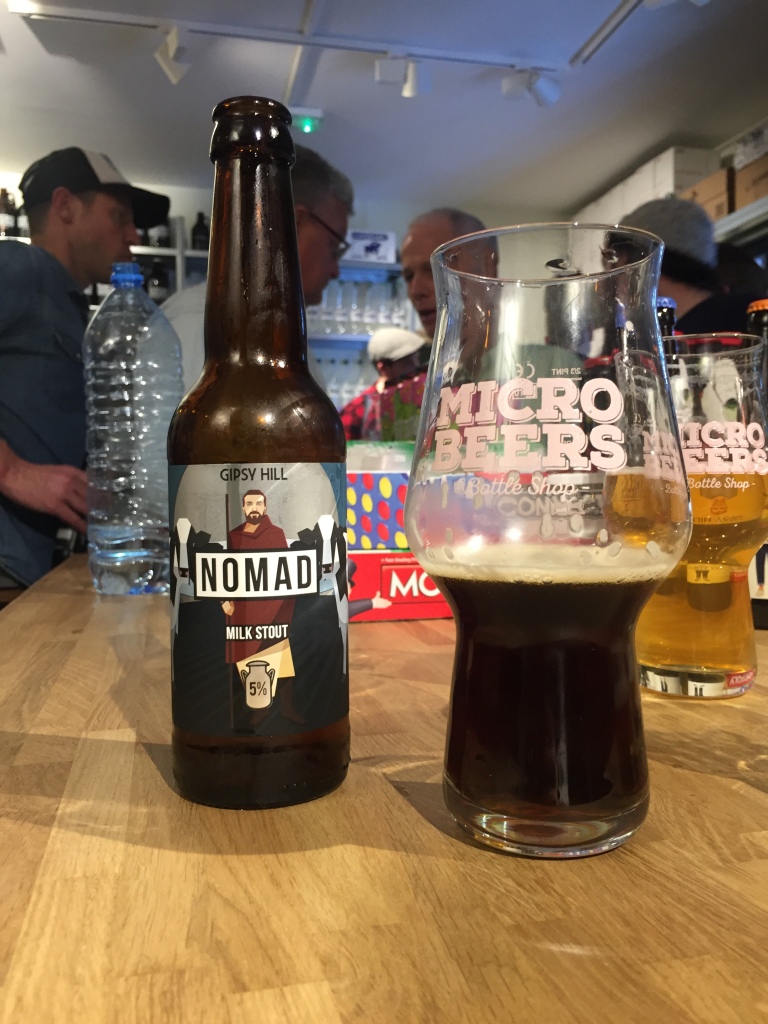

- Why don’t more craft breweries contract brew?: I watched this very funny video parodying things Australian craft beer drinker say. You can watch it here on vimeo.
One thing I got a chuckle out of is the ‘contract brewed’ gag. But openly talking about contract brewing seems rare in the UK, or is it that it’s just not that common? Five Points Brewing Co announced in their year-end blog that they were contract brewing some (only Kegs, cans are brewed and packaged at Five Points) of its Pils beer to a ‘family owned, independent brewery in Belgium’, in an arrangement reminiscent of Camden Town’s. I can understand their rationale too, which is outlined in the blog, but can be summarised as “At Hackney Downs we are hemmed in on all sides, and after several months of (currently unsuccessful) negotiation with our neighbours and with Network Rail, sadly it looks like we’ve run out of expansion options at our current site”. But surely 5 Points aren’t the only ones with this problem? That sounds like any typical craft brewer, in an industrial estate or in a railway arch – hemmed in – waiting for an opportunity for a close or woe-betide adjacent lot to become available. Often this leads to inefficiency, such as taking an hour to unpack assorted brewery paraphernalia only to spend the same amount of time repacking it that same evening. A quick google search of contract brewers in the UK reveals a number of options, namely traditional brewers with extra capacity to spare. But again, it’s unclear whether, when faced with barriers to expansion, craft breweries seriously consider contract brewing as another way to grow in the face of barriers to scaling up quickly to meet demand.
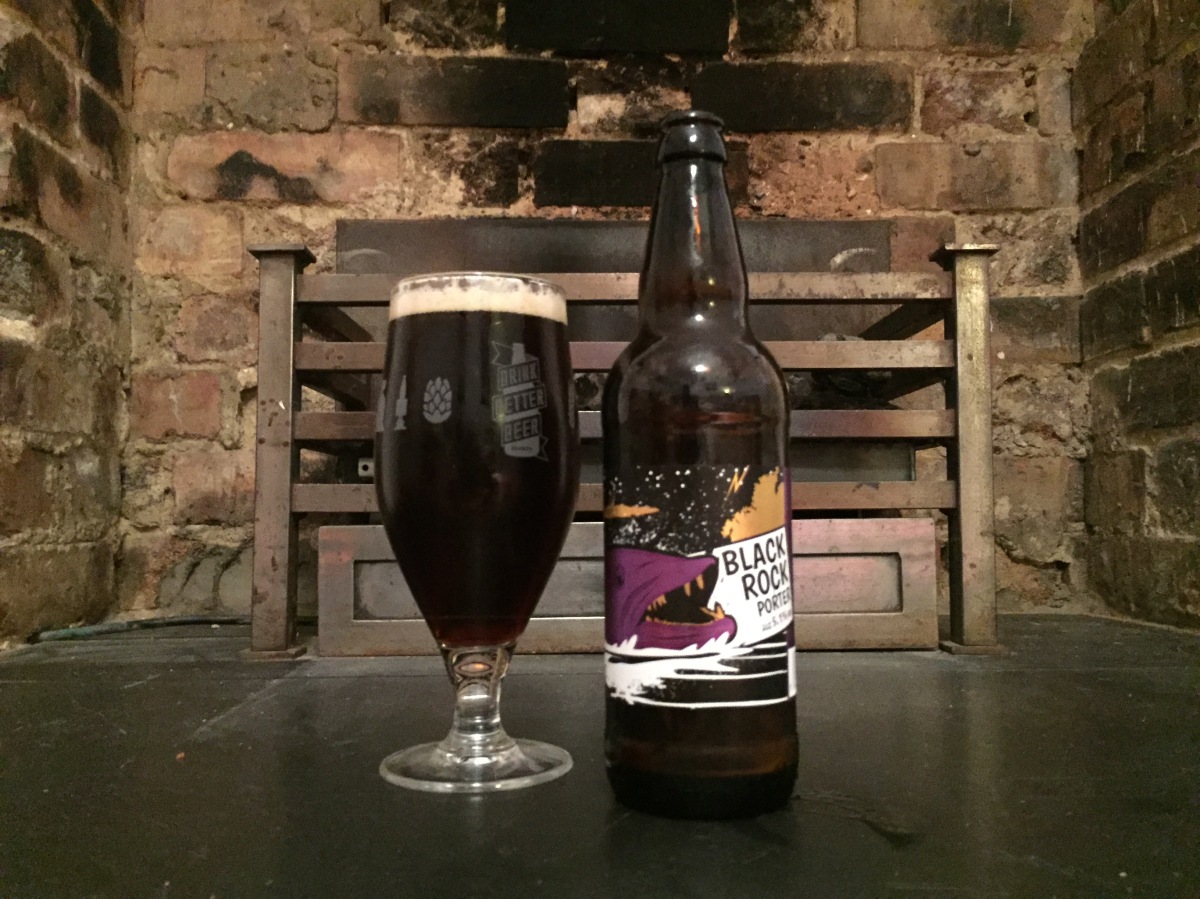
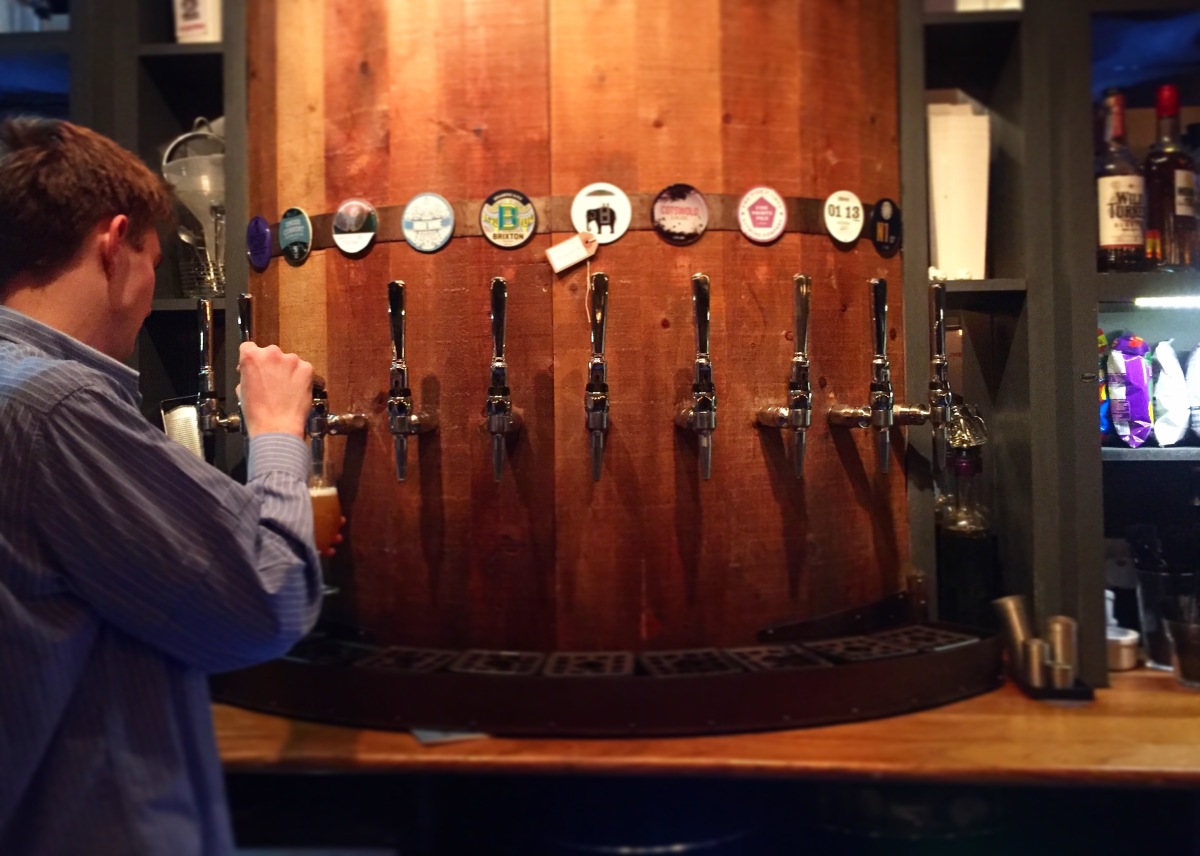
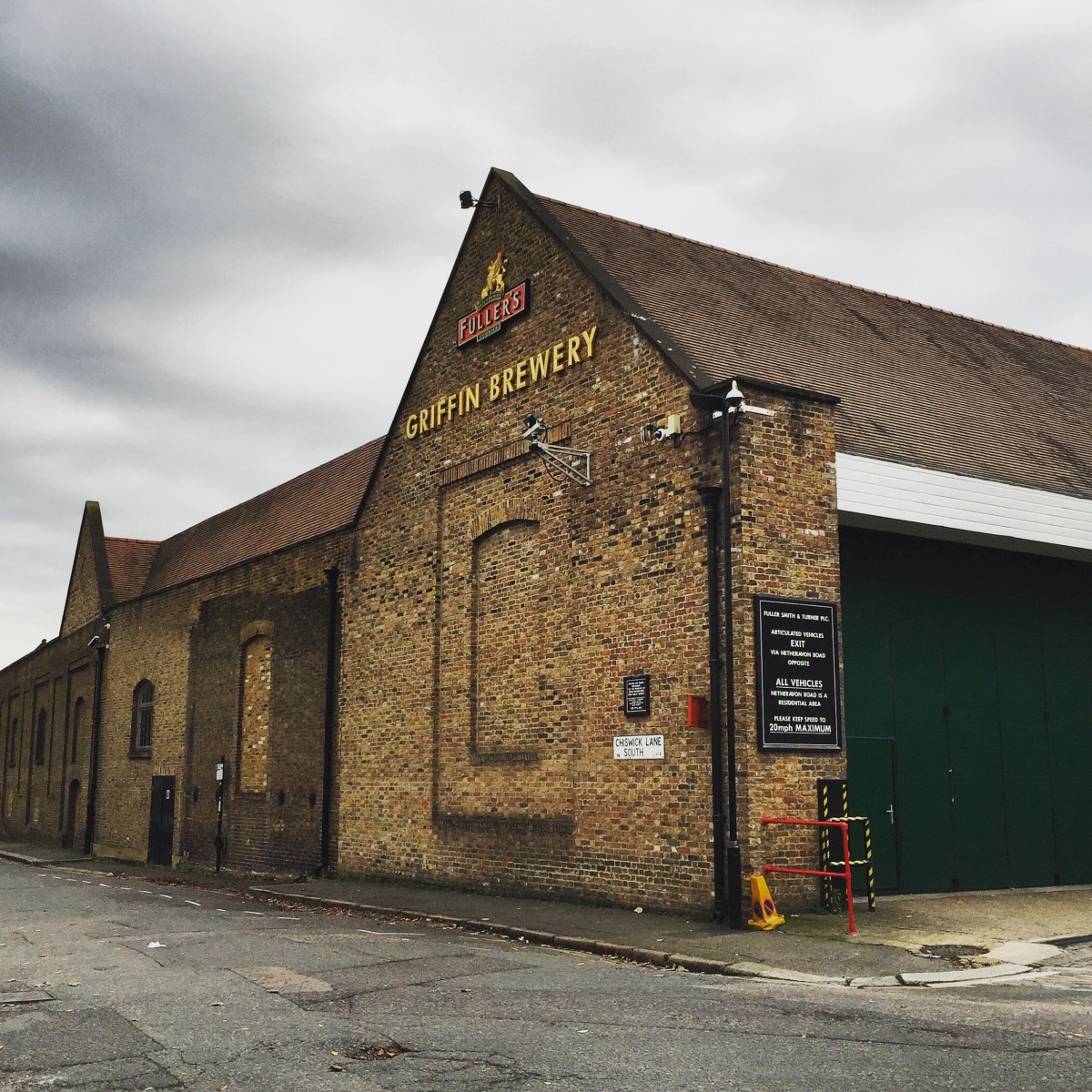
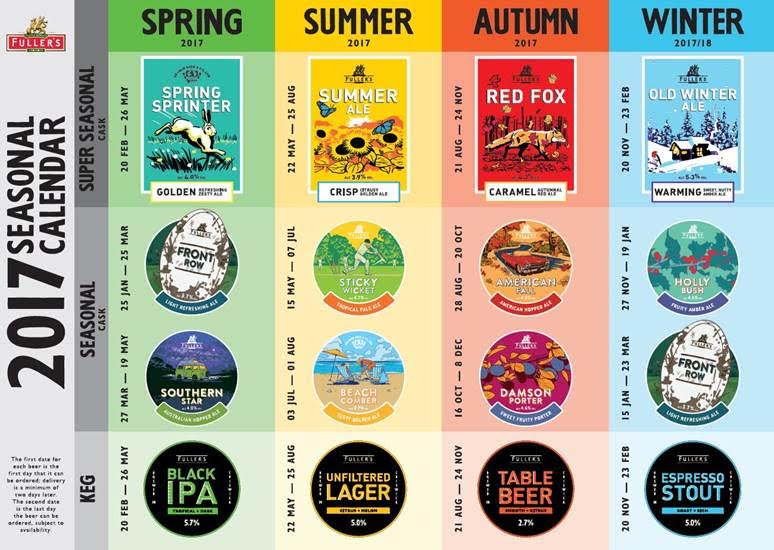
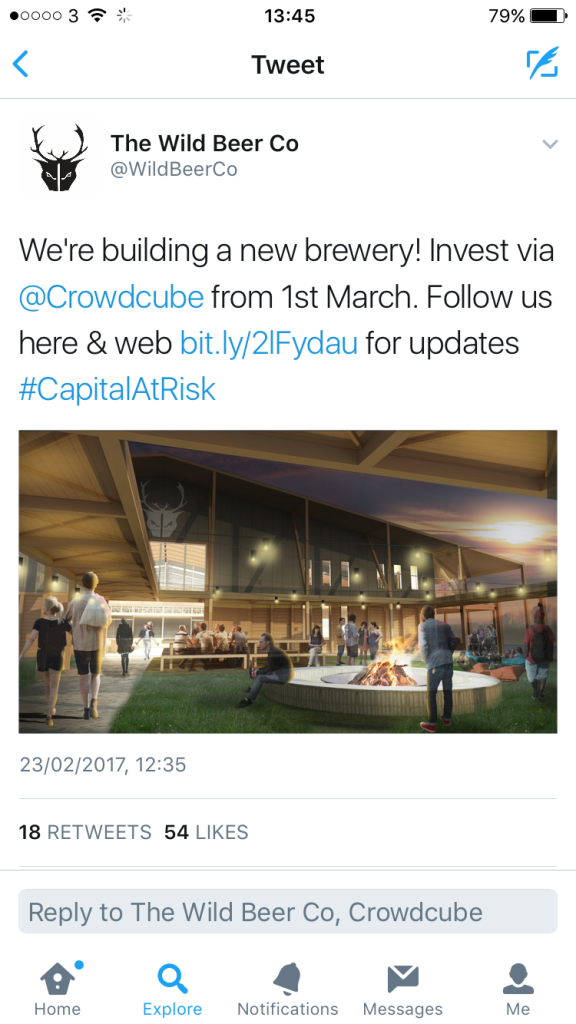
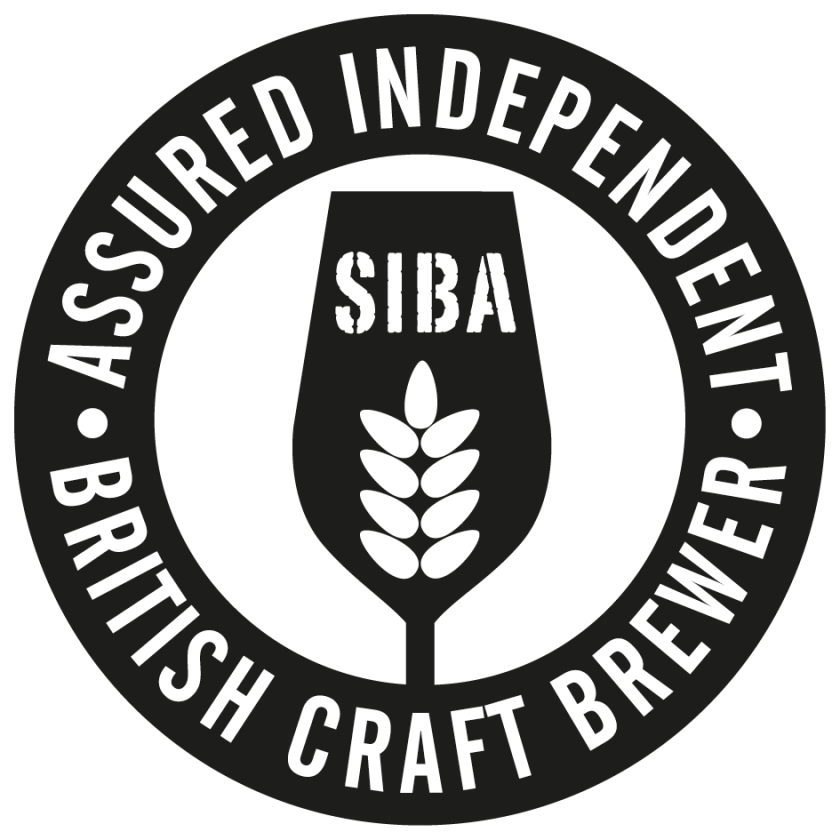 1: SIBA defines independent as ‘independent of any larger controlling interests
1: SIBA defines independent as ‘independent of any larger controlling interests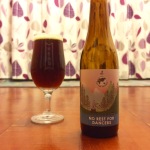
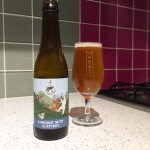
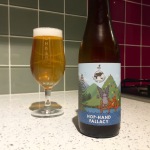
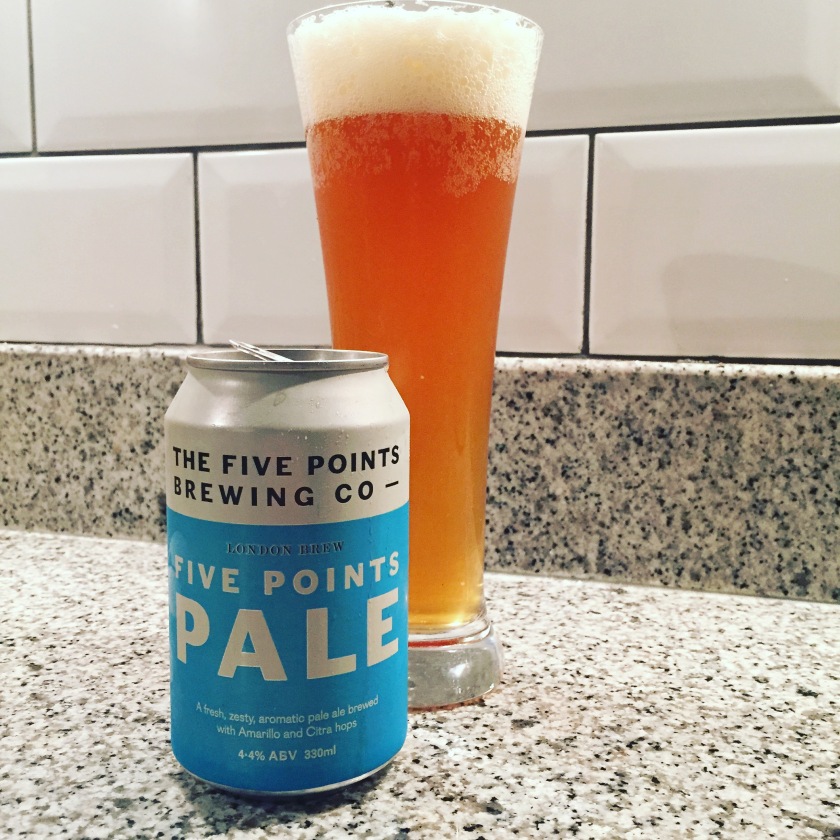

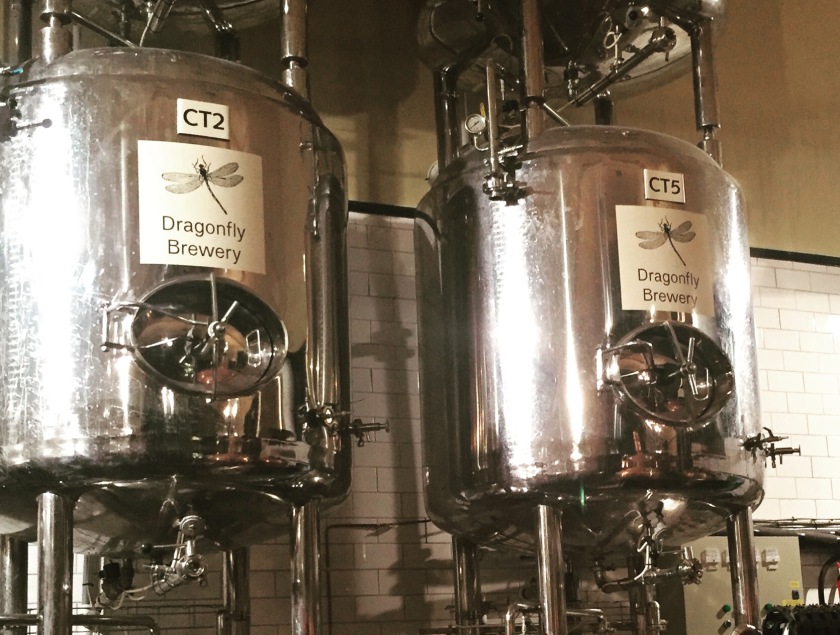
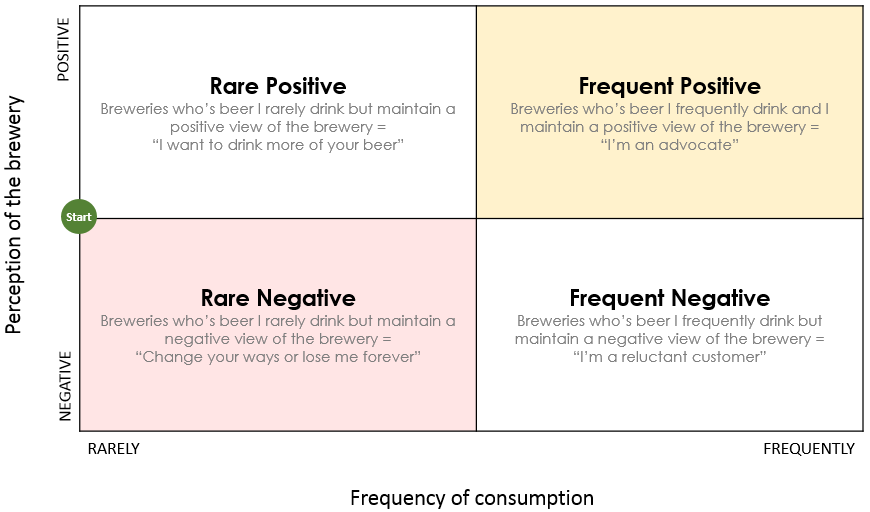
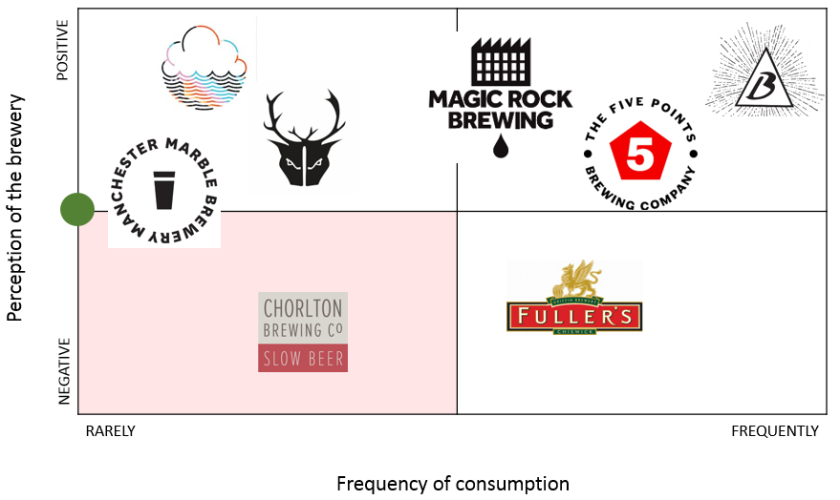
 Tuesday 6 December, 2016
Tuesday 6 December, 2016